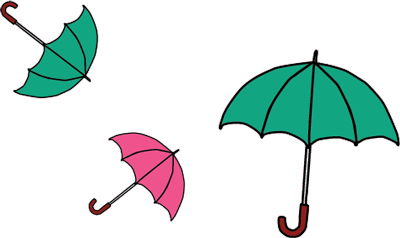Statewide Mental Illness Learning Exchange
COVID-19 and Mental Health

Well done! By reaching this point of the asmile.org.au website, you have just made a key step to staying connected and informed during the Covid19 pandemic. It is indeed a challenging time for everyone as we are forced to face this crisis and keep up to date with the frequent changes that we need to make in our lives, to ‘get through this together, whilst we keep apart‘.
This resource section on Covid19 offers you an abundance of ‘need to know’ links and information relating to Government recommendations and it also provides you with important tips to staying healthy and connected. Keeping connected is one of the paramount actions we can all do to ensure we look after our physical and mental wellbeing. No matter who we are, what we do, and whether we have previously experienced mental health issues or not, each and every one of us has been impacted one way or another. It’s how we manage our wellbeing so we can better cope with adapting to the minor and major changes to a new way of life, whilst keeping a positive mindset.
You are not alone in this, we are all in this together – let’s stay connected during this pandemic and beyond.
Government Support
National Coronavirus Helpline: 1800 020 080
Coronavirus Mental Wellbeing Support Service: 1800 512 348
Victorian Government latest news and media releases
Chat with the Australian Government: WhatsApp
Coronavirus (COVID-19) health alert health alert: Find out how the Australian government is monitoring and responding to the COVID-19 pandemic, www.health.gov.au/news/ and Coronavirus Australia app.
Staying safe
We encourage you to check in with yourself and others to stay emotionally & socially connected, especially for those that are self-isolating. If you need immediate support there are a number of support options available to you during the coronavirus pandemic.
Beyond Blue’s trained counsellors are available to talk to you 24/7 days a week on Beyond Blue’s dedicated coronavirus phone support line 1800 512 348 and online chat service.
Help for people who are deaf or hard of hearing
People who are deaf or have a hearing or speech impairment can access the National Relay Service.
Help for people for whom English is not their first language
People who do not use English as their first language can get free translation support from the Translating and Interpreting Service either through their Immediate phone interpreting service or Pre-booked phone interpreting service
24/7 phone line support
Coronavirus Mental Wellbeing Support Line 1800 512 348
Lifeline 13 11 14
Beyond Blue 1300 224 636
Kids Helpline 1800 551 800
MensLine 1300 789 978
Suicide Call Back Service 1300 659 467
Translated coronavirus resources
The Australian government list of resources about COVID-19 in other languages. The resources include fact sheets, guidelines and other publications.
Face masks in Victoria
The Victorian Government Premier’s Office has issued directives concerning face masks. Information about wearing face coverings in Victoria is often revised the latest instructions are always available from the Victorian Government Department of Health.
Emergency relief
Extreme Hardship Support Program to provide emergency financial assistance to people who are unable to access income support. Information is available in Chinese (Simplified), Farsi, Malay, Nepali, Spanish, Tamil, Urdu and Vietnamese.
International Students. Applications are now open for the Victorian Government’s $45 million International Student Emergency Relief Fund.
COVIDSafe app
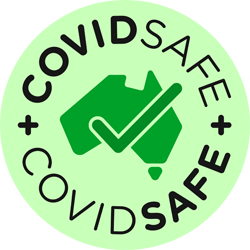 The COVIDSafe app is a tool that helps identify people exposed to coronavirus (COVID-19). This helps us support and protect you, your friends and family. Information about COVIDSafe app is available in 63 languages on the Department of Home Affairs website. Learn more.
The COVIDSafe app is a tool that helps identify people exposed to coronavirus (COVID-19). This helps us support and protect you, your friends and family. Information about COVIDSafe app is available in 63 languages on the Department of Home Affairs website. Learn more.
Coronavirus Australia app
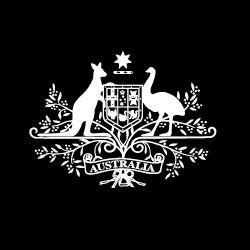 Stay up to date with official information and advice about the coronavirus (COVID-19) situation. You can check your symptoms and get notified when urgent information and updates are published. Learn more.
Stay up to date with official information and advice about the coronavirus (COVID-19) situation. You can check your symptoms and get notified when urgent information and updates are published. Learn more.
COVID-19 and Mental Health
Frequently asked questions (FAQs)
How do we access health services during COVID-19?
Visiting hospitals and care facilities during COVID has seen various restrictions implemented across Australia, for Victoria an overview of the current restrictions has been made available by the department of health, please remember that these restrictions are temporary and may be subject to change.
How to get advocacy support. A guide for consumers and families using hospital based mental health services in Victoria.
Is there a guide for home care providers during COVID-19?
How can we cope with infectious diseases?
Head to Health describes practical psychological skills to help you and your loved ones cope with anxiety and worry about infectious diseases.
Overview of key initiatives in the mental health and wellbeing response package. Guide to living with worry and anxiety amidst global uncertainty.
Other resources of interest:
- APS tips for coping with coronavirus anxiety
- WHO coping with stress during the coronavirus outbreak
- Face Covid
- EMH COVID-19 Factsheet
- How to respond effectively to the Corona crisis
- Mental health wellness tips for quarantine
- Mental health + wellbeing online resources
- Reading, joining the library online and borrowing online eBooks
- Sensory self-care-toolkit
- Social connection online groups for social connection
- Lighthearted books to give yourself a break
- Eating disorders
- ICES survival guide
How can I stay connected during isolation?
Group walks, art therapy, music therapy and similar interactions may have completely ceased during this time, or changes made as to how they are run or implemented. It is important to maintain activities that keep your mind and body active (especially during this time) activities that may help you to stay connected.
The Australian government have compiled some resoures and advice to help you to look after your mental health during COVID-19.
Beyond Blue also have information on managing daily life during the coronavirus pandemic.
Remember to stay connected
Maintaining social connections is important to feeling safe and well. You can still keep in touch with family and friends while you practise physical distancing through:
- video chats
- phone calls
- online groups
- chats with neighbours while keeping 1.5 metres apart
Review the self isolation pack adapted from the Mental Health Foundation, the APS guide to maintaining your mental health during social isolation and the eMHprac guide to managing your mental health online during COVID-19.
How can I look after my physical health?
Exercising and eating well help us stay physically and mentally healthy. Read more about how you can stay physically active while following physical distancing rules, and find tips on eating well at home.
The following exercise & routine resources may help support your physical health:
What financial support is available?
2. Centrelink crisis payment is one off payment if you’ve experienced an extreme circumstance and are in severe financial hardship.
3. General government Payments and services during coronavirus (COVID-19)
4. Services Australia claim for crisis payment Extreme circumstances family and domestic violence form (SU510)
5. The Red Cross, Brotherhood of St Laurence and the Department of Health and Human Services have implemented the Extreme Hardship Support Program to provide emergency financial assistance to people who are unable to access income support. Information is available in Chinese (Simplified), Farsi, Malay, Nepali, Spanish, Tamil, Urdu and Vietnamese.
This emergency financial assistance complements other Victorian Government hardship supports available to all people living in Victoria, including the $1500 worker support payment, the $300 test isolation payment, the and the rent relief grant.
NB. Community organisations interested in joining a network of community implementation partners can contact the Brotherhood of St Laurence on (03) 9422 5650 or by email at mct.reception@bsl.org.au. The Brotherhood of St Laurence is also available to assist you in promoting this program by participating at network meetings to speak about the program.
What support is available for carers?
Write your own emergency care plan
Carers Victoria counselling service March 2020
Carers Victoria COVID-19 advice for carers March 2020
Tandem COVID-19 support for Family & Friends
Carer Gateway has practical advice and support for carers
Family support options and information sheets
Families where Parents experience a Mental Illness, especially their dependent children (FaPMI)
Family budgeting in times of financial stress
Family harmony at home
Parenting in crowded homes and communities
Keeping children safe online
Learning through play
When children misbehave
1 on 1 time with children
Supporting children and young with worries about COVID19
When we get angry
Keeping it positive
Keep calm and manage stress
Structure up
Services
Information for prescribers, dispensers and consumers
NPS MedicineWise will update their coronavirus information on a regular basis.
Coronavirus disease (COVID-19) is a respiratory illness caused by a new strain of a known virus. This is an evolving situation, and advice is being regularly updated by the Australian Government and state and territory health departments.
For healthcare consumers, NPS MedicineWise recommends you need to continue to take your usual medicines and stay as healthy as possible. For healthcare professionals, NPS MedicineWise is reviewing the latest evidence about medicines, tests and treatments for COVID-19 and updates will be published here, along with information to support health care decision making during the pandemic.
Healthcare professionals
Hand-N-Hand is a multidisciplinary peer support group which you can join here.
Pandemic Kindness Movement was created by clinicians across Australia, working together to support all health workers during the COVID-19 pandemic. We have curated respected, evidence-informed resources and links to valuable services to support the wellbeing of the health workforce.
How to include marginalized and vulnerable people in risk communication and community engagement.
For eating disorders and COVID-19 view the new resources on eating disorders (for consumers and clinicians) from The Victorian Centre of Excellence in Eating Disorders for consumers and health practitioners.
Online support
- Beyond Blue have a dedicated COVID-19 online forum for people to share their concerns and connect online to support one another.
- ReachOut have online youth forums and online parents forums for COVID-19 offering peer support in safe and established online communities.
- SANE have an active online forum focused on unpacking fact from fiction about COVID-19 and providing self-care strategies.
- eFriend is a free virtual peer support service where you can access 6 sessions with the same peer worker to support your mental health and wellbeing.
- Online groups: some suggestions that may help with mental health.
- The Cairnmillar Institute are providing free counselling and mental health services via phone or videoconference and can be accessed from anywhere in Australia. View flyer.
Call back service
COVID Connect is for adults of all ages. It is available to anyone and allows for regular access to a friendly human voice, listening ear and tips to improve social connection.
We have hundreds of trained volunteers, ready to have a yarn or chat in over 160 languages.
#InThisTogether resources/ videos
The commission launched #InThisTogether – a collection of simple and practical tips to support Australians’ mental wellbeing. You can watch the video series on youtube.
other videos of interest:
The Happiness Trap free resources by Dr Russ Harris
Act Mindfully acceptance & commitment therapy workshops & training with Dr Russ Harris
Wellbeing partnerships
PIW referral forms V1.3 ACSO and Neami
Pre-Screen checklist for referrers
School children & youth
Victorian Government Coronavirus (COVID-19) advice for parents, carers and guardians
Booroondara youth community poster is quick guide to services for young people.
Apps
The COVIDSafe app is a tool that helps identify people exposed to coronavirus (COVID-19). This helps us support and protect you, your friends and family. Read more.
Coronavirus Australia app
Stay up to date with official information and advice about the coronavirus (COVID-19) situation. You can check your symptoms and get notified when urgent information and updates are published.
Australian Government WhatsApp channel for COVID-19
Join the COVID-19 WhatsApp channel to learn the latest on Australia’s response to coronavirus (COVID-19). If you’re already a WhatsApp user you can send a message to the channel to connect. If you don’t have WhatsApp, download the app to join the channel. Learn more.
Also see:
- Phone Apps to help with meditation, mindfulness or reflection
- Phone Apps to help with mental health
- Phone Apps to help with routine
- Creativity & Distraction Phone Apps
With special thanks to
Many people have contributed to the development of this project through research, focus groups, advice, information and ideas. We would like to acknowledge and thank all who have contributed and supported us in our endeavor. They are:
Katherine Barling Carer Consultant, St Vincent’s Mental Health
Helen Carter FaPMI Coordinator, Family where a Parent has a Mental Illness, St Vincent’s Mental Health
Prof David Castle Chair Of Psychiatry, St. Vincent’S Health and Professor of Psychiatry, The University of Melbourne
Dr Skye Kinder 2019 Young Victorian of the Year; Psychiatry Registrar, St. Vincent’s Mental Health
Tammy Kyriakou Senior Registered Psychiatric Nurse (RPN)
Derek Mccue BSN Post Grad Mental Health Nursing MACNP MACMHN
Ilona Morrison Group Program and Brief Interventions Team Leader, Occupational Therapist, St Vincent’s Mental Health
Nga Tran Pharmacist In-Charge, St. Vincent’s Mental Health. Honorary Fellow, Department of Psychiatry University of Melbourne
Jan Hobson Web developer
Newsletters
Stay in the loop with our monthly newsletters!
If you are having thoughts of suicide, or severe self-harm please follow your crisis plan. If you do not have a crisis plan please call your treating clinician, therapist, general practitioner, one of the numbers listed below or go to the Emergency Department of the nearest hospital. In a life-threatening emergency ring 000.
Phone numbers and other supports that can be contacted in a crisis:
Life Line: 13 11 14 | www.lifeline.org.au
Sane Helpline: 1800 187 263 | www.sane.org


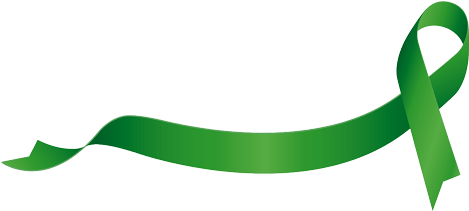
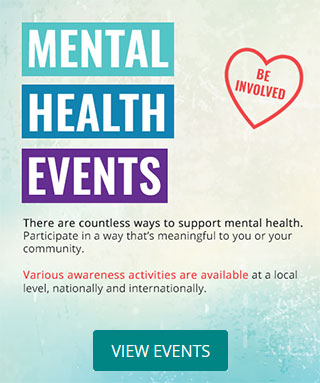
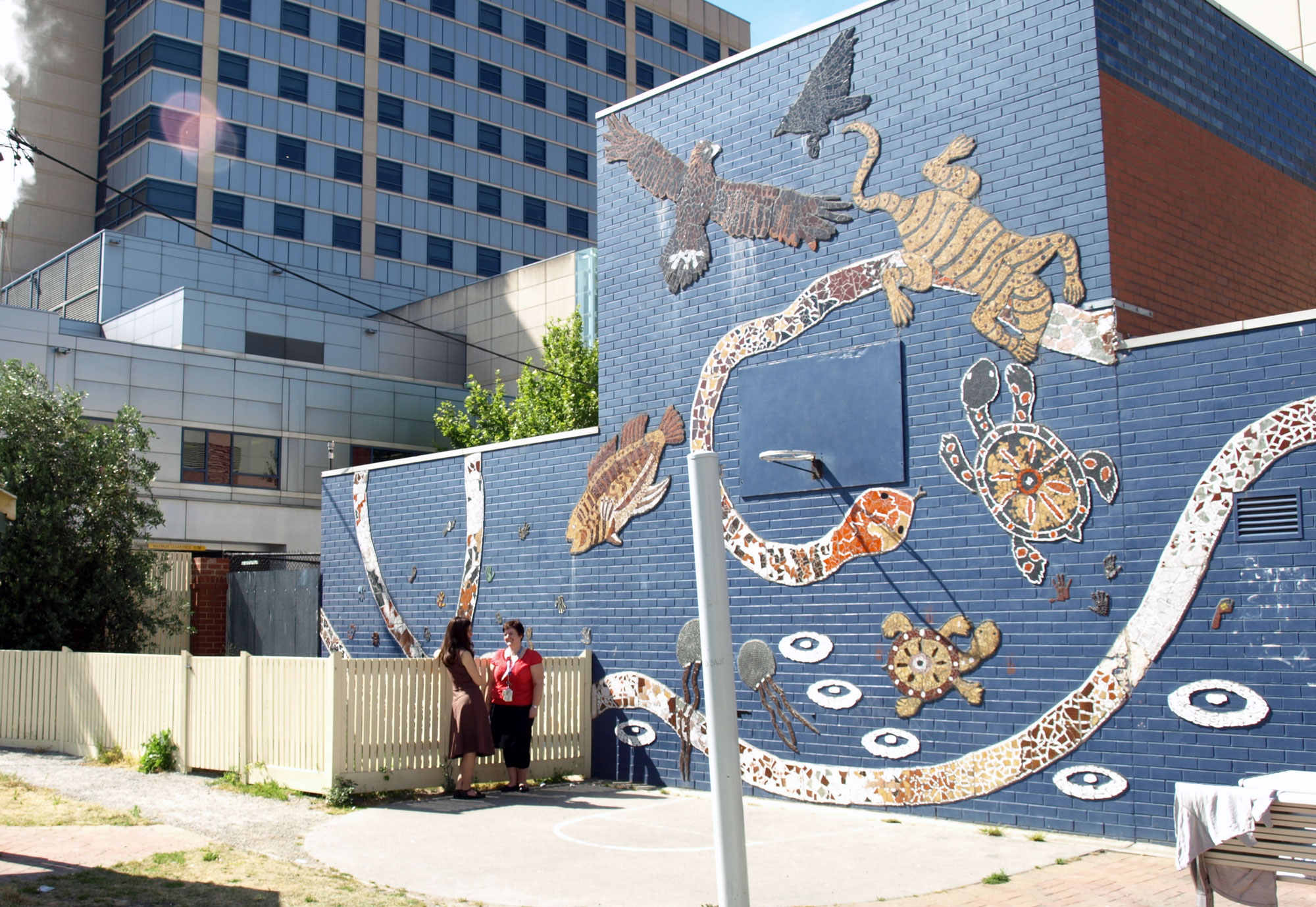
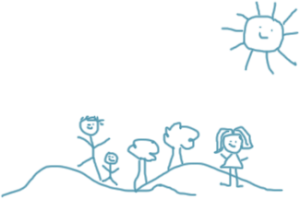
 The 2014 Act came into effect in July 2014. It introduced new principles to support people experiencing mental illness to make and participate in treatment decision (shared decision making) and to have their views and preferences considered and respected.
The 2014 Act came into effect in July 2014. It introduced new principles to support people experiencing mental illness to make and participate in treatment decision (shared decision making) and to have their views and preferences considered and respected.